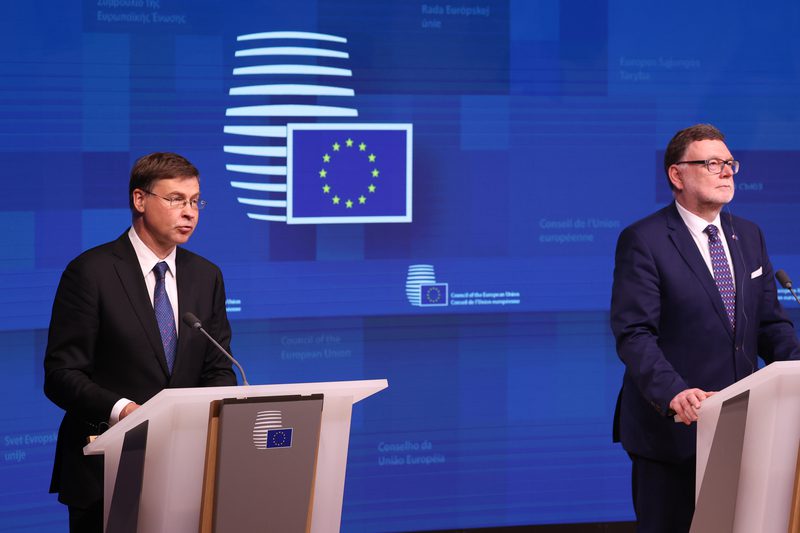
European Union finance ministers approved the EU Commission’s proposal to provide an additional €1 billion to Ukraine.
They made the decision at the EU’s Council meeting on July 12th.
“The continuation of material and financial aid is not an option, but our duty,” Zbyněk Stanjura, Czech Minister of Finance who led the meeting said. “Therefore I am very pleased that we have fast-tracked the decision to provide €1 billion of macro-financial assistance. This will give Ukraine the necessary funds to cover urgent needs and ensure the operation of critical infrastructure.”
The aid takes the form of a highly concessional long-term loan backed by the EU budget. The configuration of the loan will give Ukraine additional financial relief and ease the burden of public debt to help the country’s eventual recovery from the war, according to the Council.
The Russian invasion of the country in February has brought Ukraine to the edge of financial collapse. The Ukrainian government needs about €5 billion a month just to keep functioning, according to the International Monetary Fund. The €1 billion from the EU will help the beleaguered country cover its most urgent needs. It brings the total macro-financial support from the EU to Ukraine since the start of the war to €2.2 billion.
A €9 billion loan was originally proposed in May, but as Euractiv reports, the type of loan given to Ukraine is exceptional and tricky—both fiscally and politically.
“The exceptional feature of this macro-financial assistance stems from the specific war circumstances in Ukraine, which call for a provisioning rate under the Union budget of 70%, as opposed to a traditional rate of 9%,” a Commission spokesperson told Euractiv.
The EU budget is able to cover the first billion of the proposed aid, but it doesn’t allow for more. Backing a larger exceptional macro-financing package will have to come from guarantees offered by EU member states, which is politically difficult.
Member states are awaiting a proposal on a bigger exceptional macro-financing package from the commission. It is expected to come through after the summer break.
